In the vast world of health supplements, Prostate 911 has emerged as a prominent product designed to alleviate symptoms associated with an enlarged prostate, urinary incontinence, and related discomforts. Our mission is to provide sustainable health solutions that improve the well-being of our customers. Manufactured by PhytAge Labs, this organic health supplement promises not only enhanced urinary control but also the bonus of improved sleep, heightened energy, and revitalized sexual performance.
Prostate 911's effectiveness is owed to its meticulously chosen natural ingredients. In this blog post, we’ll delve deeper into its key ingredients and uncover the science behind its benefits.
1. Pygeum
Source: The African plum tree, scientifically known as Prunus africana, is the source of Pygeum. This tree is native to the mountainous regions of Sub-Saharan Africa, and its bark has been traditionally utilized for its therapeutic attributes.
Benefits:
- Prostate Inflammation Reduction: One of the primary reasons Pygeum is highly esteemed is its effectiveness in decreasing prostate inflammation. Inflammation can lead to benign prostatic hyperplasia (BPH), a condition characterized by an enlarged prostate that can lead to urinary issues. Compounds within the Pygeum help reduce the symptoms of BPH, ensuring smoother urine flow and decreased nighttime urination frequency. Many users have also reported improvements in their blood pressure after using Pygeum supplements.
- Anti-Inflammatory Properties: Pygeum contains a rich mix of triterpenes, which have anti-inflammatory effects. These components also contribute to reducing the levels of certain prostaglandins, which play a role in inflammation and pain.
- Cell Growth Regulation: Pygeum has demonstrated potential in regulating the growth of prostate cells. Influencing certain growth factors and enzymes ensures that the prostate remains within its healthy size, thereby averting excessive growth.
Historical Usage: For centuries, indigenous communities in Africa have been using Pygeum bark to address urinary problems, fever, and male potency. Its widespread traditional use attests to its efficacy and has led to it being researched and adopted in modern therapeutic practices.
2. Uva Ursi
Source: Uva Ursi, also known as bearberry due to bears’ fondness for its fruit, is a small shrub with evergreen leaves. These leaves are the primary source of its medicinal properties. Additionally, Uva Ursi contributes to overall nutrition by supporting the body's natural processes with its natural ingredients.
Benefits:
- Antioxidant Properties: Uva Ursi leaves contain powerful antioxidants. These compounds neutralize free radicals, which are unstable molecules that can cause damage to cells. Within the context of prostate health, the antioxidant action of Uva Ursi ensures that prostate cells remain protected from oxidative stress, which could otherwise lead to cellular damage and enlargement of the prostate. Additionally, the antioxidant properties of Uva Ursi may also support overall health, including aiding in the management of conditions like diabetes.
- Antimicrobial Effects: Uva Ursi has been historically used for urinary tract infections due to its antimicrobial properties. Arbutin, a glycoside found in Uva Ursi, is metabolized in the body to hydroquinone, which exerts a powerful antibacterial effect, especially within the urinary system. This can be beneficial in preventing infections that might aggravate prostate issues.
- Tissue Healing: The tannins present in Uva Ursi have astringent properties. This can help in tightening and healing the urinary tract's mucous membranes, providing relief from irritation.
Historical Usage: Native American tribes, long before the arrival of European settlers, were known to use Uva Ursi leaves for treating urinary issues. This traditional knowledge was later adopted and expanded upon by herbalists worldwide, establishing Uva Ursi as a reliable remedy for urinary tract and prostate health.
3. Pumpkin Seed
Source: Pumpkin seeds, or pepitas, are the edible kernels of pumpkins, a fruit native to the Americas but now grown worldwide. They have been consumed and valued for their nutritional and medicinal properties for centuries. Incorporating pumpkin seeds into your diet can enhance overall health and complement a healthy lifestyle.
Benefits:
- Prostate Health: Zinc, an essential mineral found abundantly in pumpkin seeds, is vital for prostate health. Adequate zinc levels are associated with a reduced risk of prostate enlargement and related disorders.
- Anti-Inflammatory Properties: Pumpkin seeds are rich in omega-3 and omega-6 fatty acids, which are known to have anti-inflammatory effects. Chronic inflammation is a factor in many health conditions, including prostate issues.
- Urinary Health: Some studies suggest that pumpkin seed oil can help alleviate symptoms of an overactive bladder, one of the many urinary issues that can coincide with prostate problems.
- Hormonal Balance: Pumpkin seeds contain compounds known as phytosterols, which can help lower the size of an enlarged prostate by inhibiting the conversion of testosterone to dihydrotestosterone (DHT), a hormone that stimulates prostate growth.
Historical Usage: Native American tribes initially used pumpkin seeds for food and medicine. They recognized the seeds for their diuretic properties, which means they can help promote urine flow. Over time, their use spread to other cultures, and today, they're recognized worldwide for their health benefits.
4. Nettle Root
Source: The stinging nettle, or Urtica dioica, is a plant found in many parts of the world. While the leaves are known to cause a stinging sensation upon contact, the root has been harnessed for its therapeutic properties.
Benefits:
- Urinary Flow Enhancement: Nettle root has compounds that affect the hormones and proteins involved in prostate health, leading to improved urinary flow and decreased symptoms of an enlarged prostate.
- Anti-Inflammatory & Antioxidant Properties: Nettle root contains multiple bioactive compounds that exert both anti-inflammatory and antioxidant effects, safeguarding the prostate from potential damage and inflammation.
- Hormonal Impact: Just like pumpkin seeds, nettle root can influence the conversion of testosterone to DHT, helping to keep the prostate's size in check.
- Vitality and Energy Boost: Beyond the prostate, nettle root has been associated with increasing energy levels and vitality, perhaps due to its positive effects on testosterone and other male hormones.
Historical Usage: Nettle root has been utilized in traditional European medicine for centuries, especially for joint pains and as a diuretic. Its use for prostate health is relatively more recent but stems from observations of its positive effects on urinary symptoms and flow.
Harnessing Nature's Bounty: The Power Behind Prostate 911's Natural Ingredients
Prostate 911, with its rich tapestry of natural ingredients, is designed to provide holistic support for men dealing with prostate issues. By harnessing the power of Pygeum, Uva Ursi, Pumpkin Seed, and Nettle Root, Phytage Labs has formulated a product that not only targets prostate health but also extends benefits to urinary control, sleep quality, energy levels, and sexual well-being.
For anyone contemplating a natural solution for prostate health, understanding the ingredients and their roles can instill confidence in the choice to incorporate Prostate 911 into their wellness regimen. If you’re interested in reclaiming your prostate health, try Prostate 911 today.

 Cart
Cart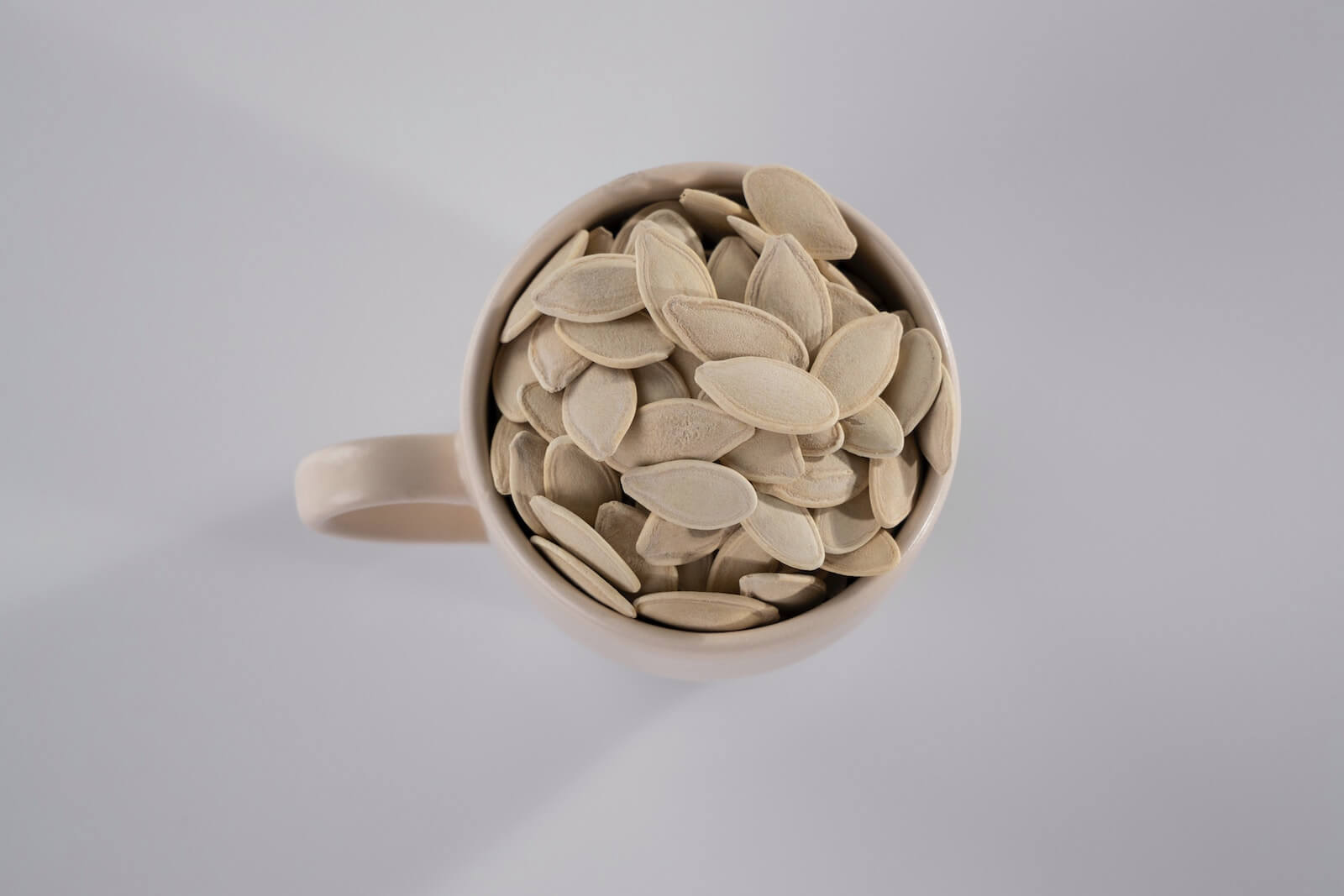
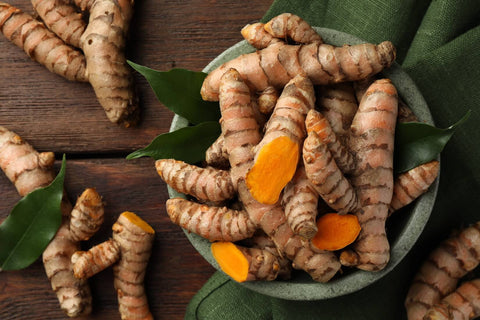

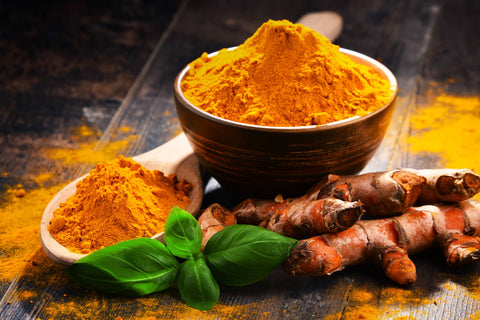

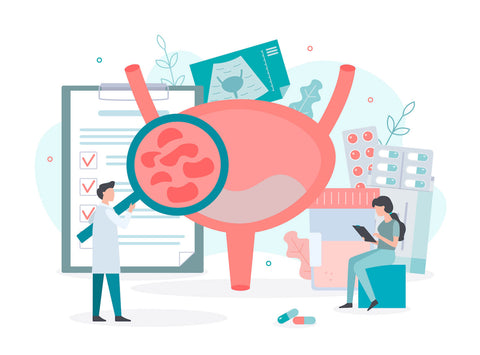
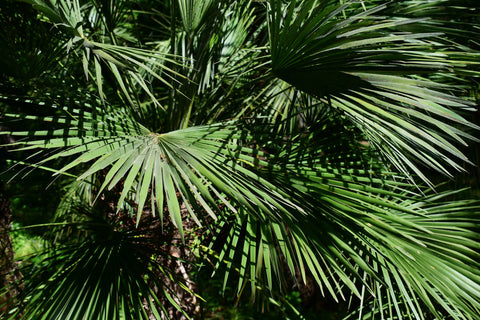


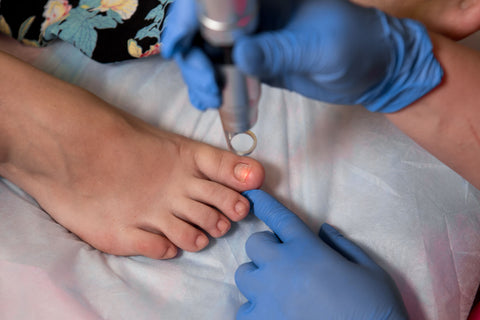
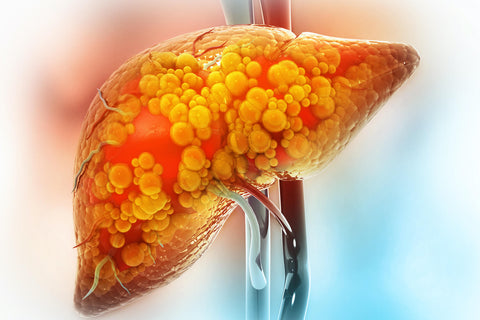
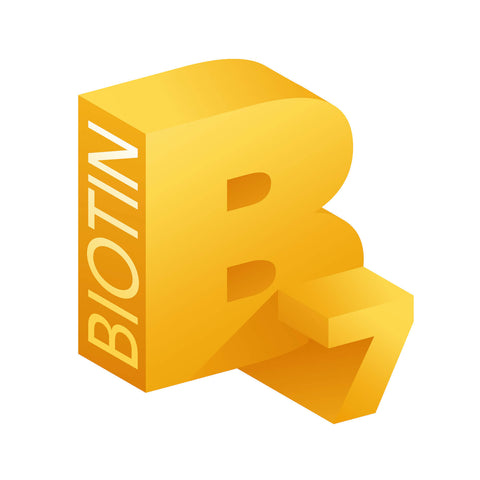

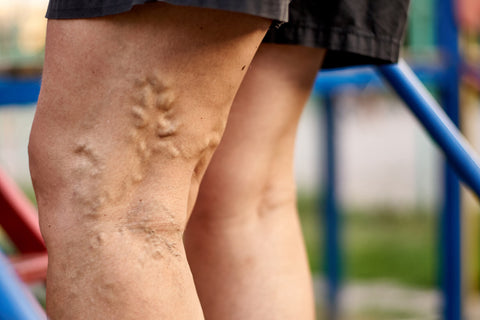
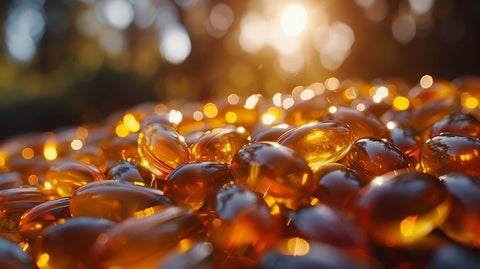

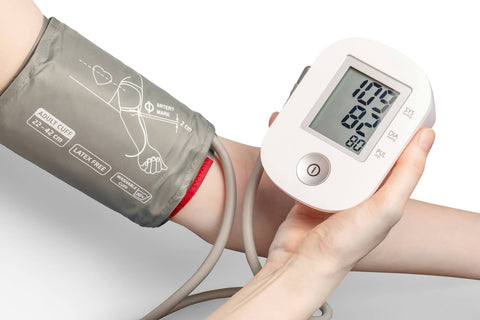

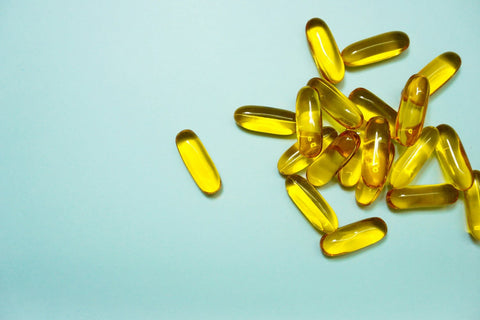
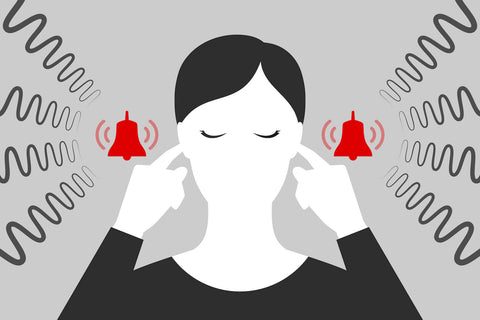
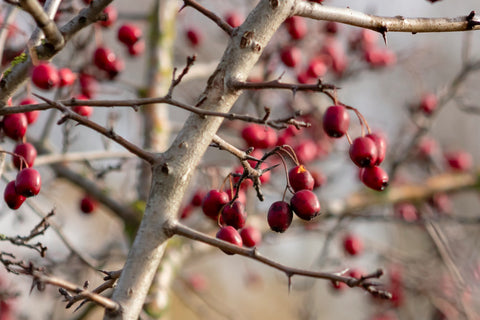

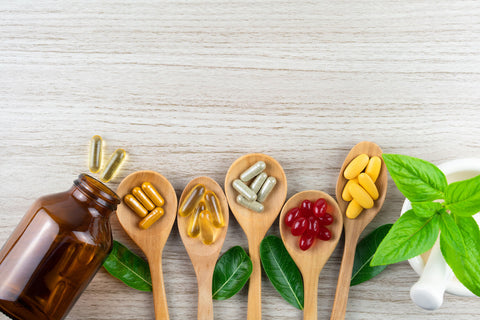
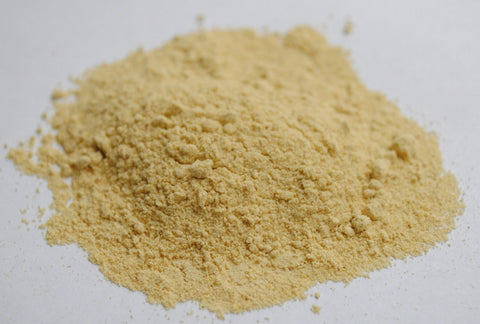
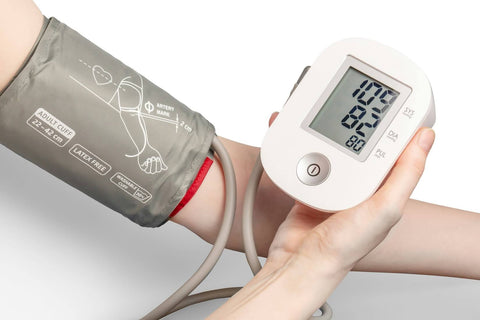
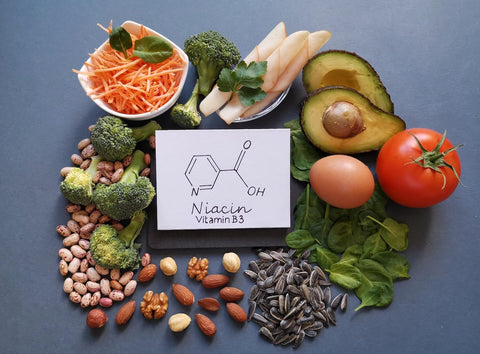
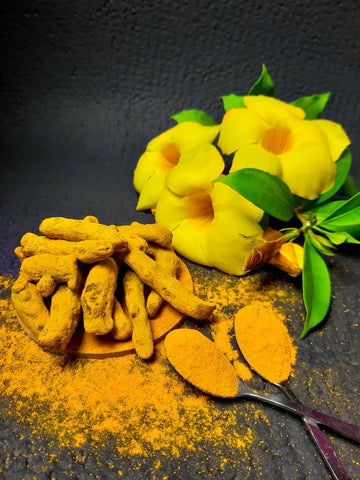
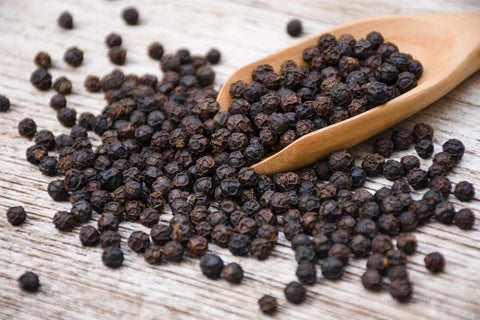
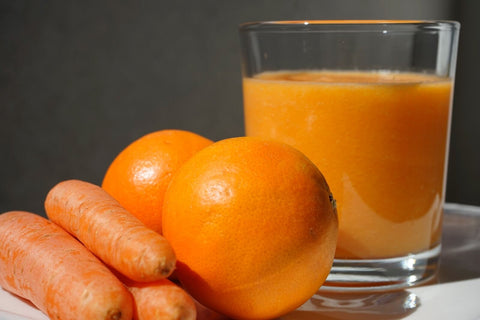
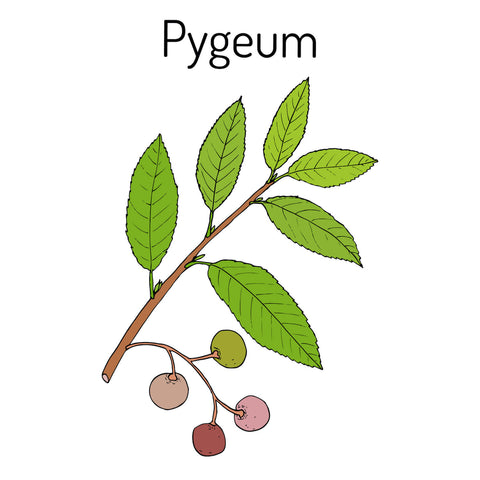



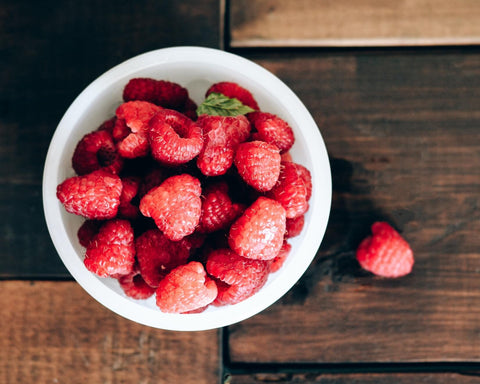



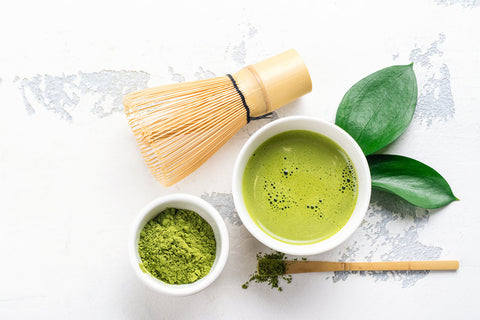







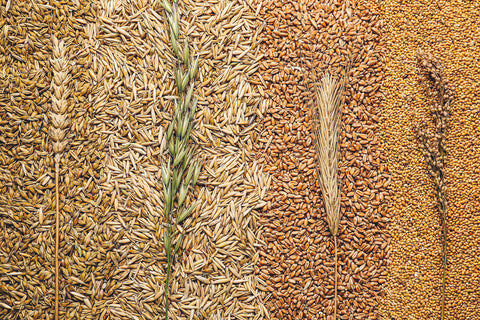
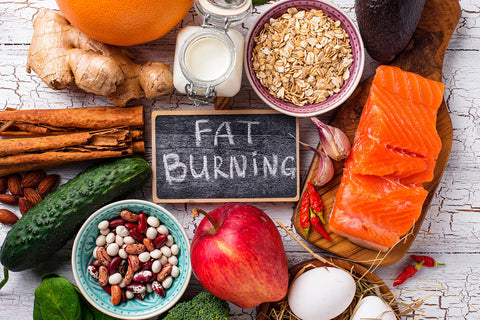
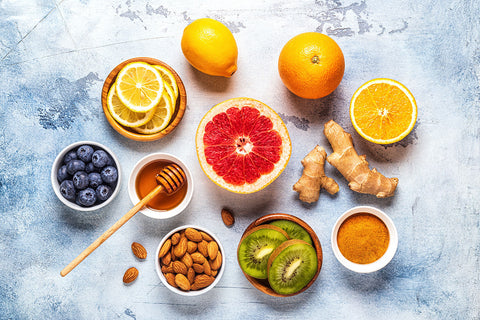
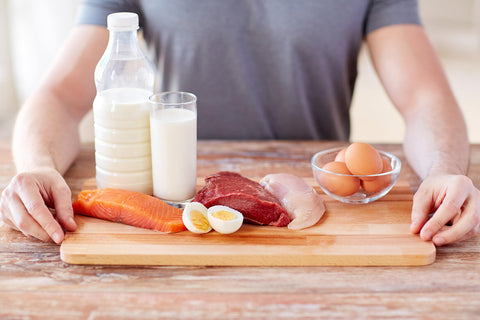



 1-800-822-5753
1-800-822-5753
